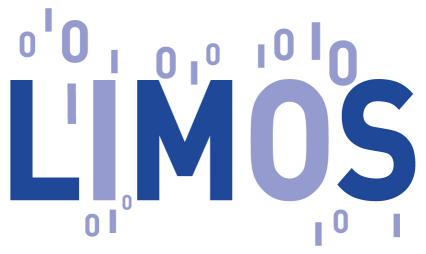Séminaire
Date : 15 mars 2018 15:30 - Salle :A113
A short survey of learning spaces, with pending problemsJean-Paul DOIGNON - Université Libre de Bruxelles |
The design of a computer system for the assessment of knowledge in a particular domain (for instance, algebra in high-school) requires a conceptual framework. Together with Jean-Claude Falmagne (University of Irvine, California), we have defined and investigated learning spaces to this aim. Learning spaces underly the on-line system aleks, now used by millions of users every year. A learning space captures the various states of knowledge in a class of (potential) students. The states form a collection of subsets of the given finite set of items, the domain. Pedagogically motivated requirements restrict the possible collections of subsets. It turns out that equivalent axioms characterize convex geometries, also known as antimatroids (Jamison, 1980; Edelman and Jamison, 1985). Because of their appearance in various mathematical disciplines, the resulting structures have generated a variety of results as well as problems. We first review some questions of a combinatorial nature. Because learning spaces generalize partially ordered sets, we might be tempted to generalize concepts and questions on posets (which we do for a few examples). Next, we indicate which abstract groups appear as the automorphism group of some (affine) learning space. There is also the question of how (efficiently?) encode a learning space in a computer. Other problems assume that the number m of items in the domain is given. What is then the size of a largest base? How many different learning spaces are there on m items? If time permits, we also present problems about the basic local independence model, a probabilistic model based on learning spaces and akin to latent class models. We are particularly interested in understanding how much the parameter values are identifiable from the observed assessements.
